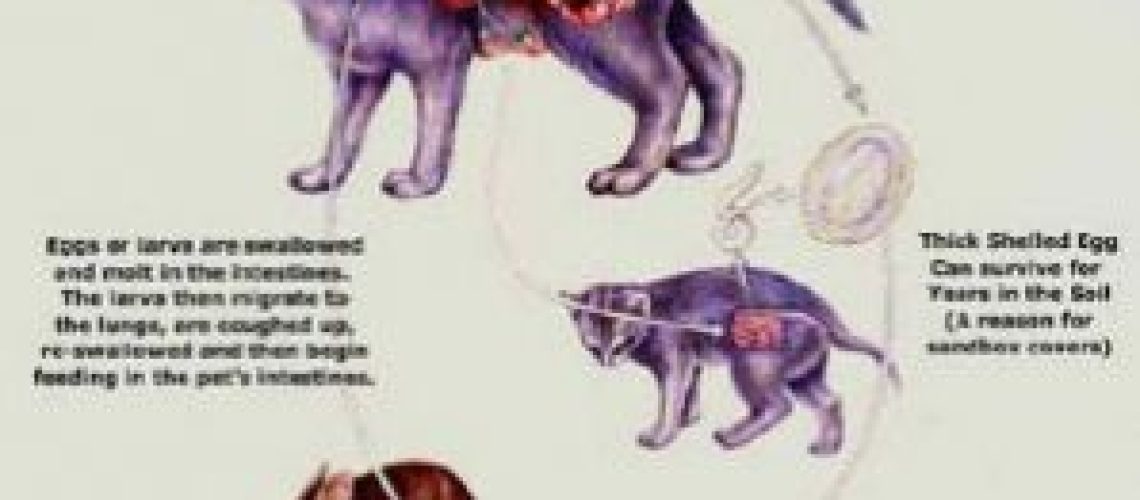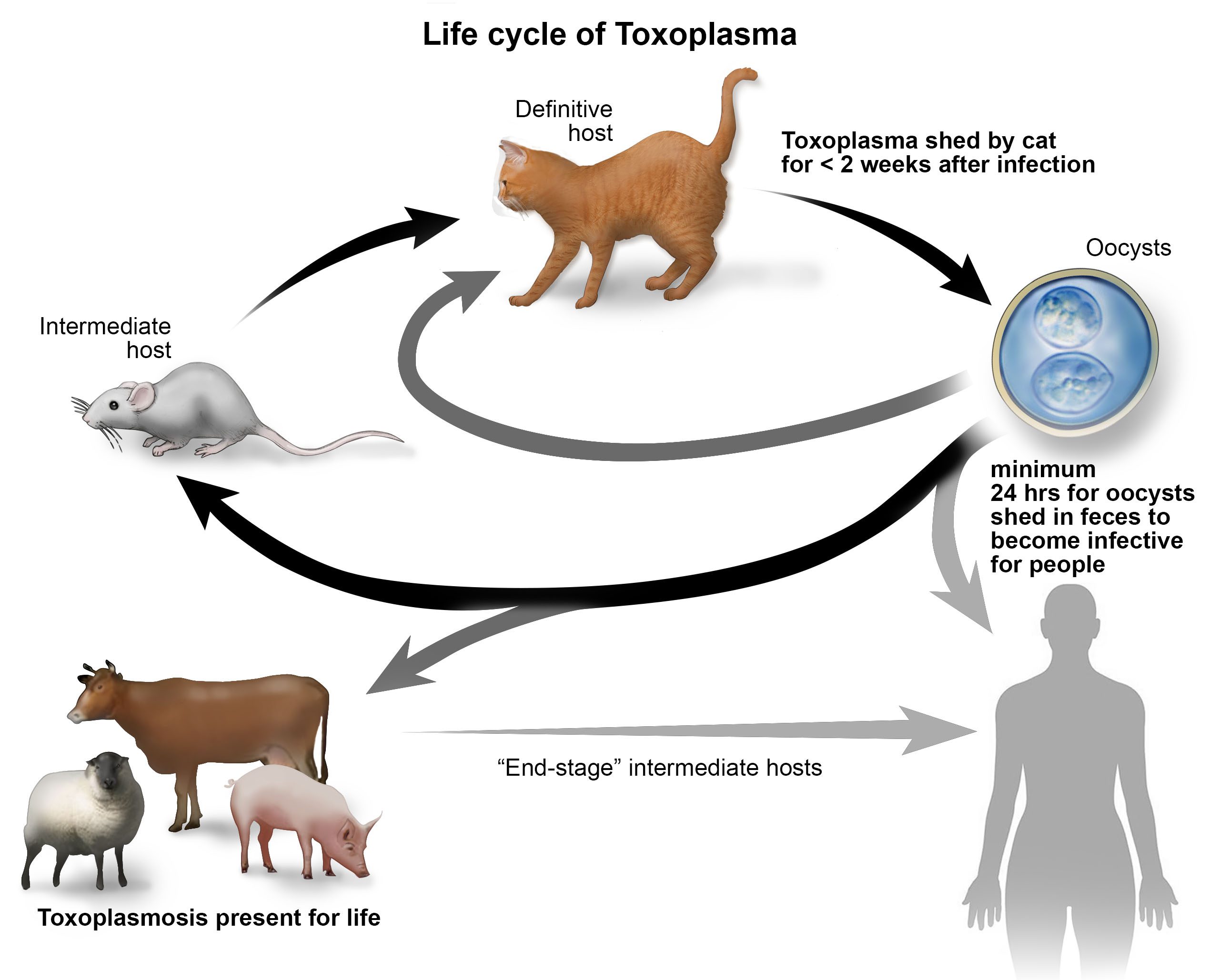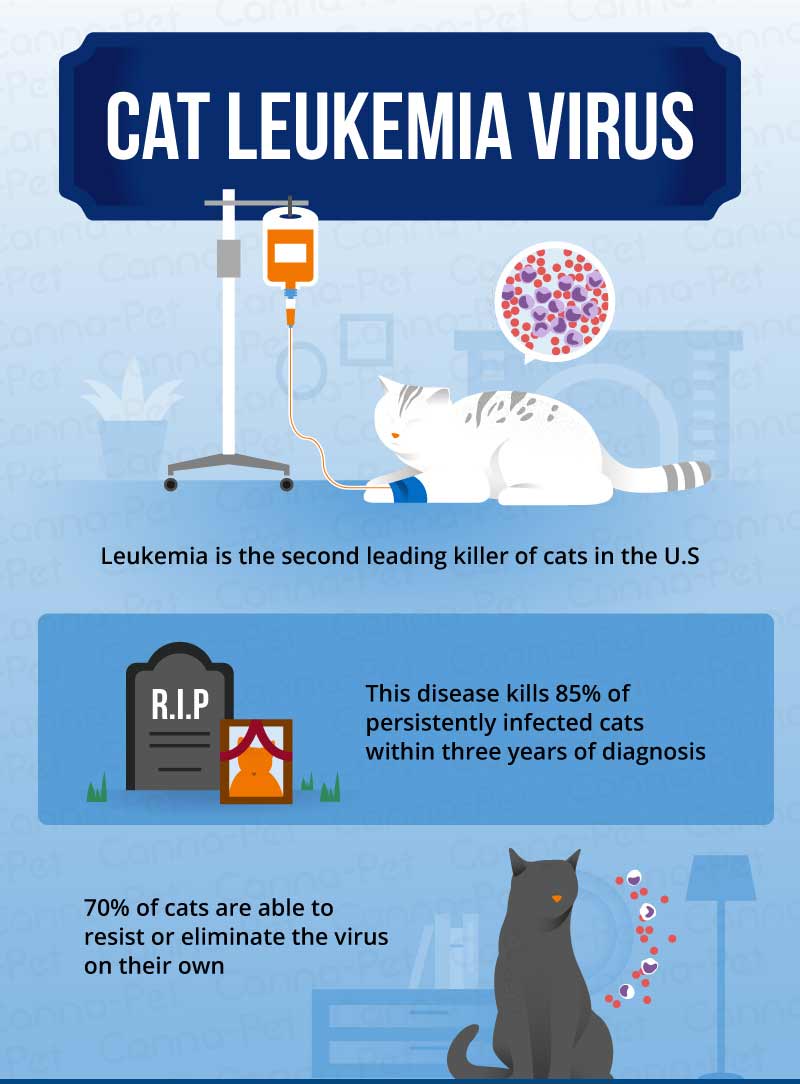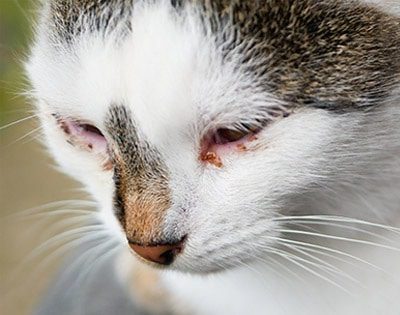Do you love cats? They're cute, cuddly, and bring joy to our lives. But what if I told you that there's an unwanted guest that could be lurking in your feline friend? It's called giardiasis, and understanding this topic is essential for any cat owner. In fact, studies show that up to 30% of cats may be infected with this parasite at some point in their lives. But don't worry, because in this article, we'll explore everything you need to know about giardiasis and how to deal with it. So grab a seat and get ready to protect your beloved cat from this pesky intruder!
Key Takeaways:
- Giardiasis is a common intestinal infection in cats caused by a microscopic parasite called Giardia.
- Symptoms of giardiasis in cats include diarrhea, vomiting, weight loss, and poor appetite.
- Proper hygiene practices, such as washing hands after handling the litter box or feces, can help prevent the spread of giardiasis to humans.
- Veterinary treatment for giardiasis usually involves medications to kill the parasites and supportive care to manage symptoms.
- Regular cleaning and disinfection of litter boxes and living areas can help prevent reinfection and control the spread of giardiasis among cats.
What is Giardiasis and why is it called "The Unwanted Cat Guest"?
Giardiasis is an infectious disease caused by a microscopic parasite called Giardia. It can affect both cats and humans, causing discomfort and illness. The parasite lives in the intestines of infected animals and can be easily spread through contaminated water or food.
Giardiasis is often referred to as "The Unwanted Cat Guest" because once it enters a cat's body, it becomes an unwelcome visitor that disrupts their digestive system. Cats may contract Giardia by ingesting the parasite through contaminated water, food, or soil. They can also become infected by coming into contact with infected feces from other animals.
Once inside a cat's intestines, the Giardia parasites multiply and attach themselves to the intestinal walls, causing inflammation and interfering with nutrient absorption. This can lead to symptoms such as diarrhea, vomiting, weight loss, and poor overall health. The presence of Giardia in cats can be challenging to eliminate completely due to its ability to form resistant cysts that are difficult to eradicate.
Why is Giardiasis a Concern for Humans?
Giardiasis is not only a concern for cats but also for humans who come into contact with infected animals or contaminated environments. Humans can contract Giardia by accidentally ingesting the parasite through contaminated water sources or close contact with infected individuals.
The Spread of Giardiasis from Cats to Humans
The transmission of Giardia from cats to humans usually occurs when there is poor hygiene or inadequate sanitation practices. For example, if a person touches cat feces containing the parasite and then fails to wash their hands thoroughly before eating or preparing food, they may unknowingly ingest the parasite.
It's important to note that direct cat-to-human transmission of Giardia is rare. However, the risk increases in households where cats have access to outdoor environments or if there are multiple cats living together. Therefore, practicing good hygiene and taking preventive measures are crucial for reducing the chances of contracting Giardiasis.
To prevent the spread of Giardiasis from cats to humans, it's essential to maintain proper hygiene practices such as:
1. Regularly washing hands with soap and water, especially after handling cat litter or coming into contact with feces.
2. Cleaning litter boxes frequently and disposing of cat feces properly.
3. Avoiding drinking untreated water from potentially contaminated sources like streams or ponds.
4. Thoroughly washing fruits and vegetables before consumption, as they may have come into contact with contaminated soil.
By following these simple hygiene practices, we can significantly reduce the risk of Giardiasis transmission between cats and humans in our homes and communities.
How does Giardiasis spread from cats to humans?
Giardiasis is a contagious disease caused by a microscopic parasite called Giardia. It can be transmitted from cats to humans through direct contact with infected feces or contaminated water and food. When a cat is infected with Giardia, the parasite resides in its intestines and passes out of the body through the feces. If proper hygiene practices are not followed, such as washing hands after handling an infected cat or cleaning their litter box, the parasite can easily spread to humans.
Direct Contact
Direct contact with an infected cat is one of the primary ways Giardiasis can spread to humans. This can occur when petting or grooming an infected cat, especially if you have any open cuts or wounds on your skin. The parasite can transfer from the cat's fur or paws onto your hands and then enter your body when you touch your face or mouth.
Contaminated Water and Food
Another common route of transmission is through contaminated water and food. If a cat drinks water from a contaminated source, such as puddles or stagnant water, it may become infected with Giardia. Similarly, if you consume food that has been prepared in unsanitary conditions or washed with contaminated water, you may contract the parasite.
To prevent the spread of Giardiasis from cats to humans, it is crucial to maintain good hygiene practices and take necessary precautions.
Prevention Tips:
- Wash your hands thoroughly with soap and warm water after handling cats, especially if they have diarrhea.
- Avoid close contact with infected cats until they have been treated and cleared of the infection.
- Clean litter boxes regularly using gloves and disinfectants.
- Provide clean drinking water for your pets and avoid allowing them to drink from potentially contaminated sources.
- Ensure proper sanitation and hygiene when handling food, including washing fruits and vegetables thoroughly.
By following these preventive measures, you can significantly reduce the risk of Giardiasis transmission from cats to humans.
What are the common symptoms of Giardiasis in both cats and humans?
Giardiasis can cause similar symptoms in both cats and humans. However, it is important to note that not all infected individuals may display symptoms. The most common signs of Giardiasis include:
Gastrointestinal Symptoms
- Diarrhea: Both cats and humans may experience diarrhea, which can be watery, foul-smelling, and accompanied by mucus or blood.
- Abdominal Pain: Cramping or discomfort in the abdominal area is another common symptom.
- Nausea and Vomiting: Infected individuals may feel nauseous or vomit occasionally.
General Symptoms
- Fatigue: Feeling tired or weak is a possible symptom of Giardiasis.
- Weight Loss: In some cases, infected individuals may experience weight loss due to poor absorption of nutrients caused by the parasite's presence in the intestines.
It is important to seek medical attention if you suspect Giardiasis in yourself or your cat. A healthcare professional will be able to diagnose the infection through stool sample analysis and provide appropriate treatment options.
Can Giardiasis be prevented? If so, how can we protect ourselves and our pets?
Yes, Giardiasis can be prevented by taking certain precautions to protect both ourselves and our pets from this parasitic infection.
Protecting Yourself:
- Practice good personal hygiene by washing your hands thoroughly with soap and warm water after using the bathroom, before eating or preparing food, and after handling animals.
- Avoid drinking untreated water from potentially contaminated sources, such as streams or lakes.
- Ensure proper sanitation and hygiene when traveling to areas with limited access to clean water and sanitation facilities.
Protecting Your Pets:
- Maintain good hygiene practices for your pets, including regular grooming, cleaning their living areas, and providing clean drinking water.
- Avoid allowing your pets to drink from potentially contaminated water sources, such as puddles or stagnant water.
- Follow a regular deworming schedule recommended by your veterinarian to prevent various parasitic infections, including Giardiasis.
By implementing these preventive measures, you can significantly reduce the risk of Giardiasis for both yourself and your beloved pets.
What are some effective treatments for Giardiasis in cats and humans?
Treating Giardiasis in both cats and humans typically involves a combination of medication and supportive care. It is important to consult a healthcare professional or veterinarian for an accurate diagnosis and appropriate treatment plan. Some common treatments include:
Medication
- Antiparasitic Drugs: Medications like metronidazole or fenbendazole are commonly prescribed to eliminate the Giardia parasite from the body. The dosage and duration of treatment may vary depending on the severity of the infection.
Supportive Care
- Rehydration: In cases where diarrhea has caused dehydration, it is essential to replenish fluids by consuming oral rehydration solutions or intravenous fluids if necessary.
- Nutritional Support: Maintaining a balanced diet rich in nutrients can help strengthen the immune system during recovery.
It is crucial to complete the full course of treatment as prescribed by your healthcare professional or veterinarian to ensure complete eradication of the parasite. Regular follow-up visits may be necessary to monitor progress and confirm successful treatment.
Are there any long-term consequences or complications associated with Giardiasis?
In most cases, Giardiasis does not lead to long-term consequences or complications. With proper treatment and care, the infection can be resolved without any lasting effects. However, in some instances, especially if left untreated or if the immune system is compromised, complications may arise.
Prolonged Symptoms
Some individuals may experience prolonged symptoms even after completing treatment. This could include persistent diarrhea or gastrointestinal discomfort. In such cases, further medical evaluation may be required to identify underlying causes or potential reinfection.
Malabsorption and Nutritional Deficiencies
Giardiasis can interfere with the absorption of nutrients in the intestines, leading to malabsorption and nutritional deficiencies. This can result in weight loss and other related health issues. Proper nutrition and dietary adjustments may be necessary to address these complications.
While rare, it is important to monitor for any persistent symptoms or complications following Giardiasis infection and seek medical attention if needed.
How can we maintain good hygiene practices to prevent the spread of Giardiasis in our homes?
Maintaining good hygiene practices is crucial for preventing the spread of Giardiasis within our homes. By following these simple steps, you can minimize the risk of transmission:
Cleaning and Disinfection
- Regularly clean and disinfect surfaces that come into contact with pets or potentially contaminated materials.
- Use appropriate disinfectants recommended for eliminating parasites like Giardia.
- Pay special attention to cleaning litter boxes, pet bedding, food bowls, and toys.
Hand Hygiene
- Wash your hands thoroughly with soap and warm water after handling pets, cleaning litter boxes, or coming into contact with potentially contaminated materials.
- Encourage family members, especially children, to practice proper hand hygiene as well.
Safe Food Handling
- Wash fruits and vegetables thoroughly before consuming them, as they can be potential sources of contamination.
- Avoid cross-contamination by using separate cutting boards and utensils for raw meat and fresh produce.
Safe Water Practices
- Ensure a clean water supply for both humans and pets. If you suspect your water source may be contaminated, consider using bottled or filtered water.
- Boiling water can also help eliminate any potential parasites.
By incorporating these hygiene practices into your daily routine, you can create a safe and healthy environment for yourself, your family, and your pets, reducing the risk of Giardiasis transmission.
In conclusion, giardiasis is a common and unwanted guest for cats. However, by practicing good hygiene, keeping the environment clean, and seeking veterinary care, we can effectively deal with this illness and keep our feline friends healthy and happy.
How do I clean my house if my cat has Giardia?
To begin, ensure that your cat is removed from any areas that may be contaminated. To clean the space, you can use a solution of diluted chlorine bleach, consisting of one cup of bleach mixed with a gallon of water. Alternatively, you can also use steam or a disinfectant containing quaternary ammonium for chemical cleaning.
Is Giardia hard to get rid of in cats?
Getting rid of Giardia completely is challenging because cysts become infectious as soon as they are shed, increasing the risk of reinfection. To prevent reinfection, it is essential to prevent fecal contamination in the surroundings. It is also recommended to bathe and remove any fecal debris from the fur to minimize the presence of cysts.
How do I disinfect my house from Giardia?
To prevent the reoccurrence of infection, it may be necessary to treat the environment. A mixture of one cup of chlorine bleach in a gallon of water is a highly effective disinfectant for eliminating Giardia cysts. If your dog has a kennel or an outdoor area made of concrete or gravel, it should be disinfected. Additionally, cat litter boxes should also be treated with the bleach solution.
How do humans get Giardia from cats?
Giardiasis can be contracted by ingesting the Giardia parasite or coming into contact with infected stool from humans or animals. The parasite can contaminate anything it touches, making it highly transmissible. Even a small amount of stool entering your mouth can result in illness.
What Lysol kills Giardia?
According to Flexi, Lysol has the ability to eliminate Giardia. However, it is crucial to use the product correctly and for the recommended duration in order to effectively get rid of the parasite. Always adhere to the instructions provided by the manufacturer when using disinfectants.
Should you isolate a cat with Giardia?
If your cat is infected with giardiasis, it is crucial to take steps to prevent re-infection. Regularly bathe your cat and keep it separated until all symptoms have disappeared.

















